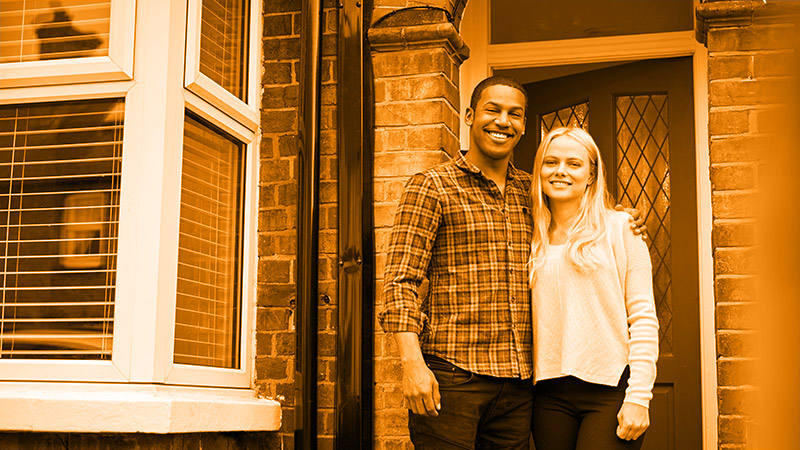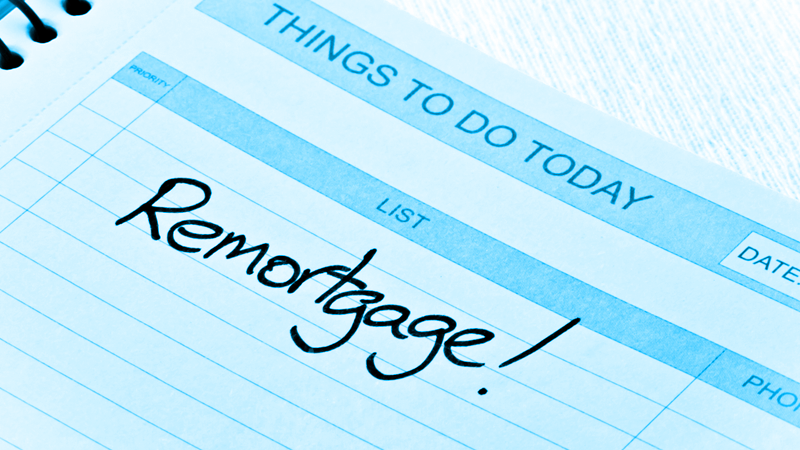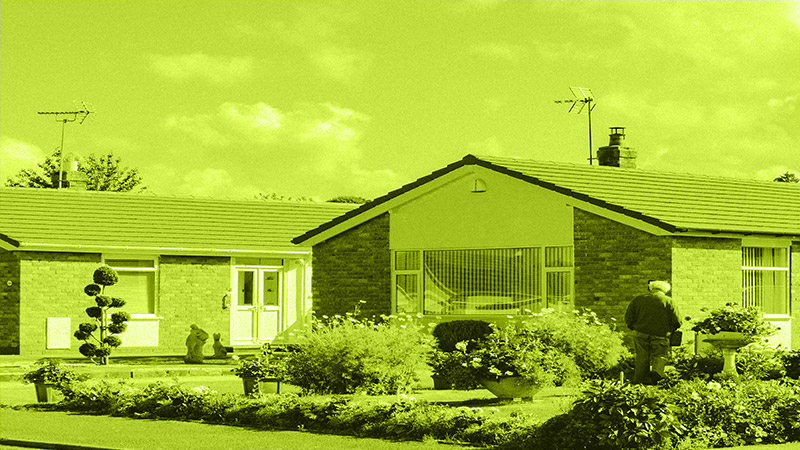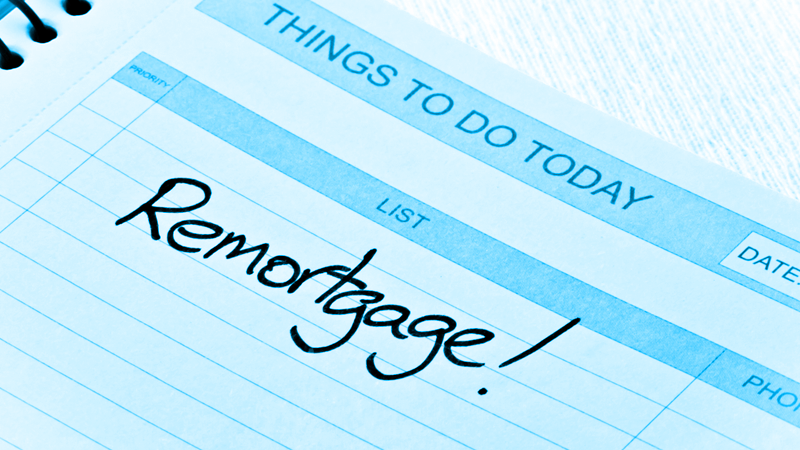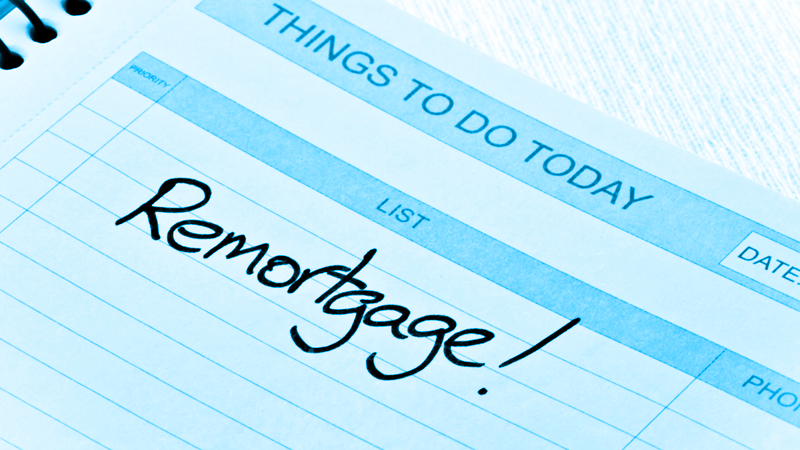Valuations for remortgage provide indications of a home’s current market value.
It’s part of the remortgage process where your current or new lender assesses your property to ensure it’s worth what you say before approving you for a new mortgage deal.
Here is everything you need to know about valuations for remortgage.
Why are valuations for remortgage important?
Valuations for remortgage help lenders ensure your property is enough as security.
To mitigate the risk of remortgaging, lenders want to know that if you default or fail to keep up with repayments, they can repossess your home and sell it to recover their money.
Remortgage valuation considers whether the property is suitable and shows the property’s current loan-to-value (LTV) ratio.
The LTV is the size of your mortgage compared to the value of your property expressed as a percentage.
For example, if your home is worth £100,000 and your outstanding mortgage is £75,000, your LTV ratio is 75%. Your LTV will impact the deal you get on your remortgage.
Lenders generally offer better deals to applicants with lower LTV because they offer more security, and you can get low-interest rates and more affordable monthly repayments.
How are remortgage valuations carried out?
Lenders can use different methods to carry out property valuations. These include:
- Desktop valuation – True to its name, desktop valuation involves estimating the property’s value from a desk without physically visiting the property. Desktop valuations are computer-automated and involve qualified surveyors using recent comparable sales, property data, and listings of similar properties in your area to determine your property’s value.
- Drive-by valuation – Involves a quick, external valuation where the surveyor visually inspects the property’s condition from the outside. They look for major issues on the walls or roof that can affect the property’s value.
The lender chooses the types of valuation you get depending on how risky they think your property might be.
For example, if your property features non-standard or unusual material like a thatched roof, the lender will likely send a surveyor to do an in-person survey.
If there’s limited up-to-date information on your area online or the lender has never mortgaged in the area before, they can opt for a physical survey.
Desktop valuations are usually the fastest and cheapest for lenders. With most lenders offering free valuations as an incentive for new customers, you’ll likely not see a surveyor knocking at your door.
How much do valuations for remortgage cost?
A remortgage valuation can cost anywhere from £250 to £1,500, depending on the value and size of your property.
Some lenders may require you to pay for the valuation, but free valuations are now common among most lenders as part of the remortgage deal.
Related quick help remortgage guides:
- Remortaging on maternity leave
- How soon can I remortgage?
- Shared ownership remortgages
- How long does it take to remortgage?
- How to remortgage for an extension
Remortgage valuation vs. house survey
Mortgage or remortgage valuations are not the same as a house or home-buyer surveys. Valuations for remortgage are usually brief visits for the lender’s benefit and don’t include entering the property.
As a result, it doesn’t provide an accurate report of the house’s condition.
Remortgage valuations are often short reports, around two to three pages long, and don’t flag any maintenance or repairs you need to be aware of.
These reports go straight to the lender, and you may not even see a copy.
A home buyer’s report involves a full structural report and is usually more detailed and in-depth.
Surveyors look at every aspect of the house, assessing the property’s condition inside and outside and highlighting potential defects for the buyer’s benefit.
Although structural valuations don’t normally include mortgage valuations, some home buyer reports do, but you need to check what the lender prefers to avoid incurring double expenses.
What happens after valuations for a remortgage?
The surveyor will contact the lender directly to give them their opinion after the valuation.
Regardless of the valuation the lender gets, they’ll base their decision on the surveyor’s expert opinion.
If the surveyor agrees with the property value in your remortgage application, the lender will likely process the new mortgage.
However, if the surveyor disagrees with your property value assessment and finds that it’s worth less than what you think it is, you’ll likely get a down valuation.
It involves the lender giving you a revised mortgage offer, and it can put your plans on hold if you’re remortgaging to access money tied up in your property for renovations or home improvements.
Down valuations have recently become more common, with 1 in 30 homes in the UK getting down-valued post-pandemic as lenders cut their offers by an average of £30,000.
Can you challenge the lender’s remortgage valuation?
Challenging the lender’s mortgage valuation can be tricky because it’s up to them to decide whether or not they’ll accept an appeal.
Down valuations usually happen when house prices are out of sync with the current market trend.
For example, house prices in a particular area may fall faster than in other areas, causing a gap between what agents believe a property is worth rather than a surveyor’s expert opinion.
You’ll need robust evidence backing your initial valuation to challenge the lender’s valuation.
It can include at least three examples of nearby, similar properties that recently sold for a price close to the property value on your remortgage application. You can only use properties that have already been sold and are not currently on the market.
Without enough evidence, you can accept the new offer and make up for the shortfall through other means.
You can also try other lenders who use different surveyors, and they could give a valuation that’s closer to your expected property value.
Mortgage brokers can come in handy in such situations by helping your find alternative lenders with better deals.
Related reading:
- Reasons for remortgaging.
- Remortgaging to release equity.
- Remortgaging to buy another property.
- Remortgaging with bad credit.
- Remortgaging for home improvements.
- I own my house outright can I remortgage?
- Capital raising mortgages.
Tips for remortgage valuations
Here are a few things you can do when applying for a remortgage to help you avoid a down valuation:
- Research the property’s value thoroughly by checking the average sales price of properties in your area on sites like Zoopla. Base the valuation on sales within the last 3 to 6 months for a close reflection of the market value.
- Get an expert opinion from local agents and use an average of the different valuations as a good price.
- If you’re remortgaging with the same lender, check with them, as they likely have the property value on file.
Valuations for Remortgages Final thoughts
Getting an accurate remortgage valuation for your application can help you avoid surprises like down valuations.
Talk to a suitable mortgage broker who can help you find the best deal thanks to their expertise and whole-of-market access.
Call us today on 01925 906 210 or contact us. One of our advisors can talk through all of your options with you.
